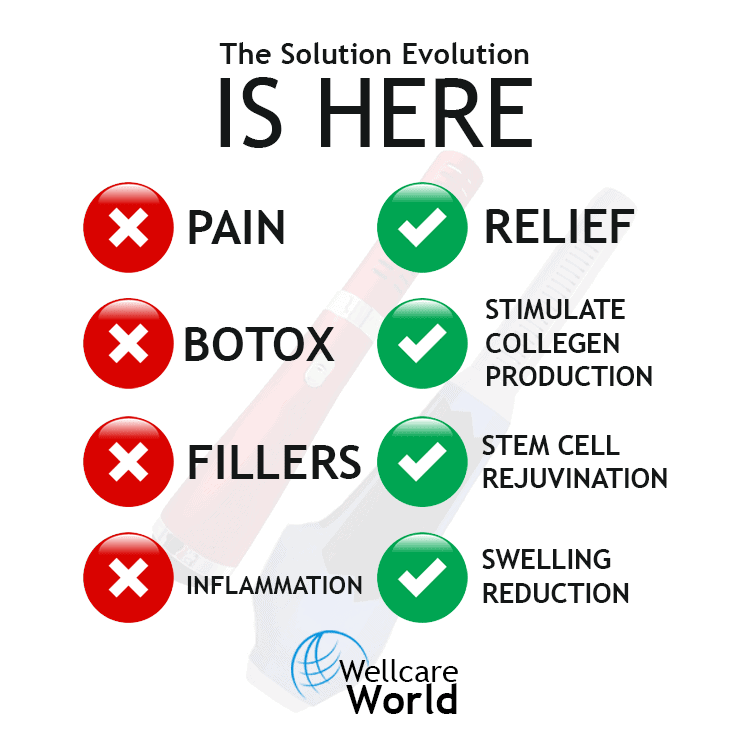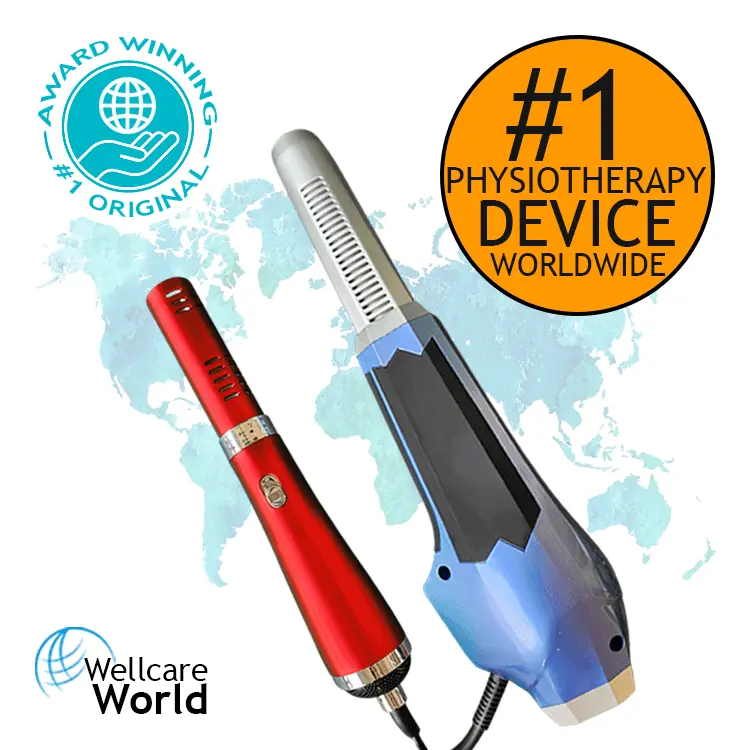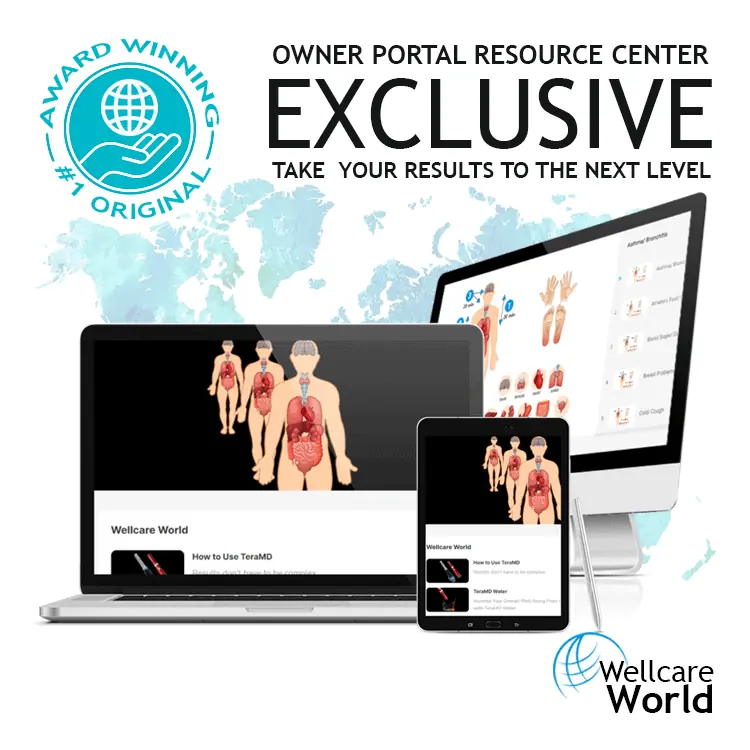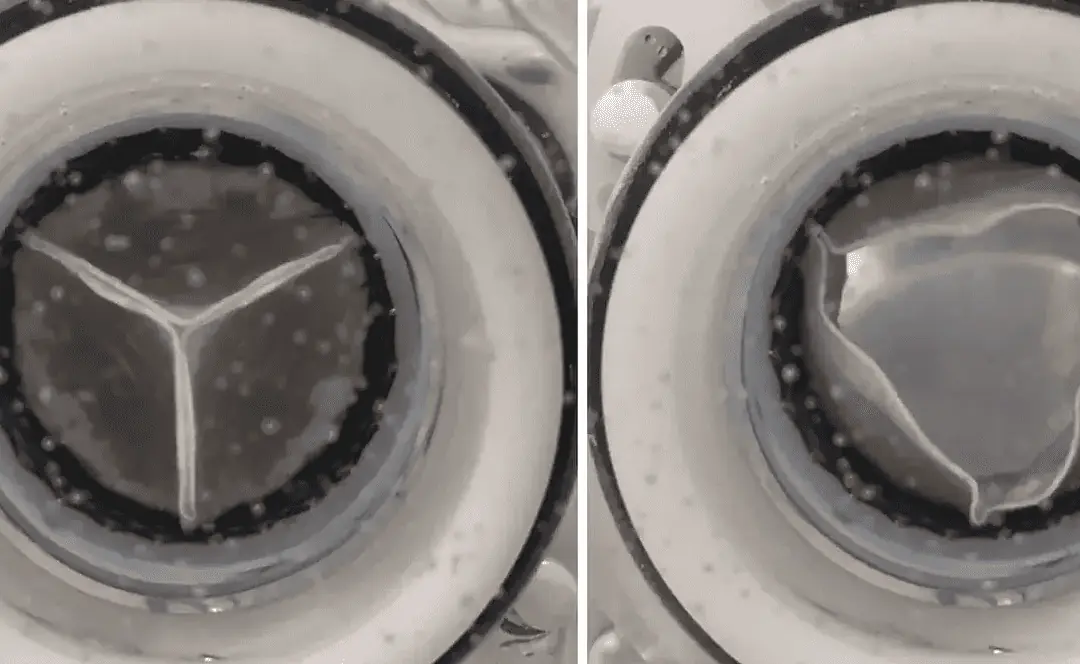
3D Printing Creates Heart Valves in Minutes
Researchers at Harvard University, Germany’s Deutsches Herzzentrum der Charite, and Switzerland’s University of Zurich used three-dimensional (3D) printing to fabricate an artificial heart valve in under 10 minutes. A nanofiber meshwork in the synthetic valve mimics the extracellular matrix supporting the growth of natural heart valves. Focused rotary jet spinning enables the rapid additive manufacturing (3D printing) of micro or nanofiber scaffolds with adjustable alignments by fabricating a heart valve-shaped frame, then pushing in a liquid polymer with air jets to form the meshwork. The researchers tested a prototype valve in sheep, which effectively controlled blood flow, with no side effects.
From “3D Printing Creates Heart Valves in Minutes”
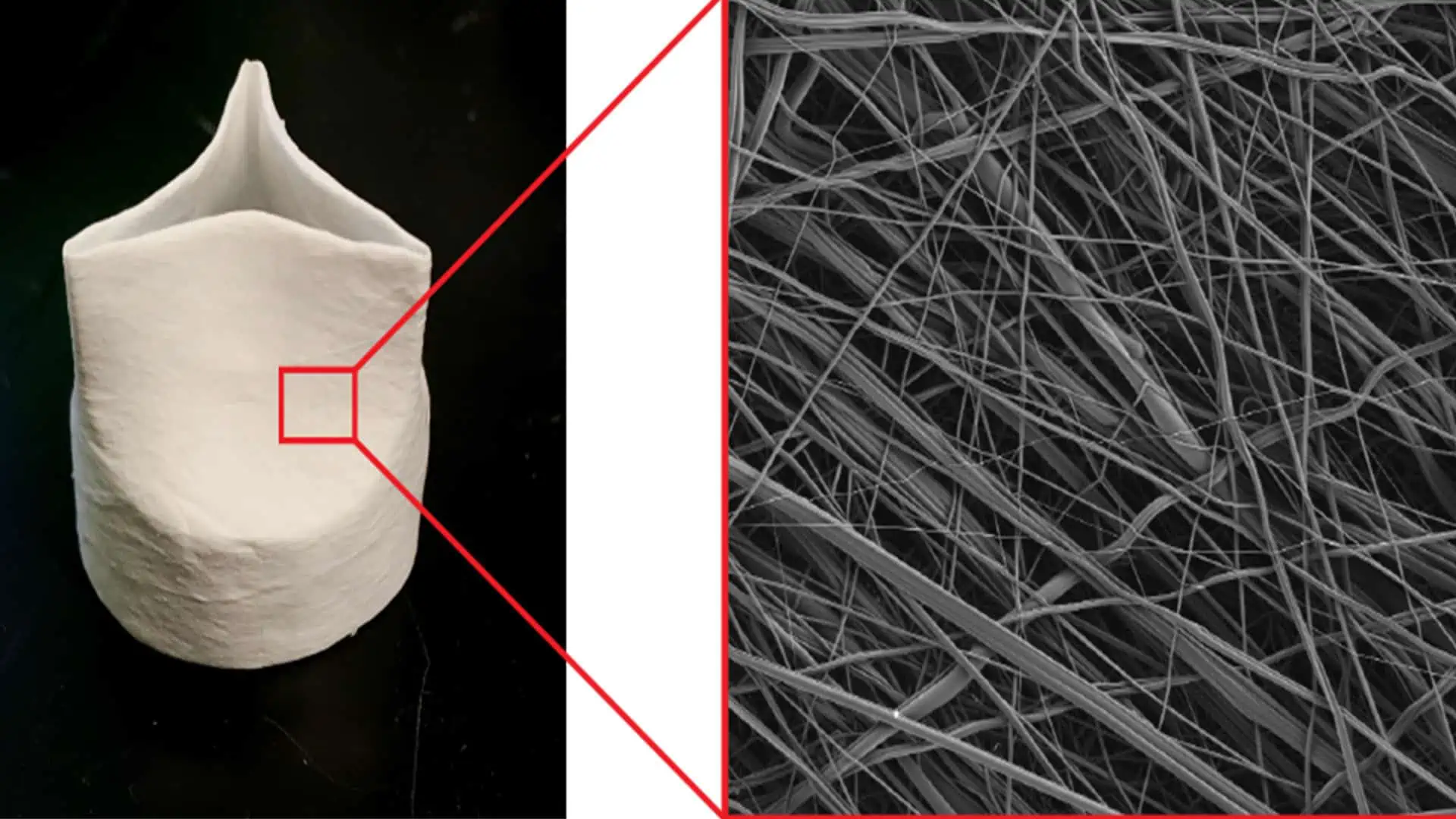
Harvard University researchers have developed a synthetic heart valve that can be produced in under 10 minutes using 3D printing. They tested the prototype in sheep, which successfully regulated blood flow for an hour.
When heart valves become damaged or stop functioning properly due to a disease, the flow of blood in the body is disturbed. This could further lead to problems like stroke, arrhythmia, and heart failure.
So doctors replace the damaged heart valves with synthetic valves. Every year over 100,000 people undergo heart valve operation in the US.
Costly Operations
Such operations are costly; currently, synthetic valves take months to produce. The researchers claim that their 3D-printed valve has the potential to overcome both these challenges.
Also, it can remodel itself. So it could benefit patients (especially kids with pediatric valve disease) who need to undergo repeat valve surgeries as their heart size changes with age.
The proposed synthetic valve comprises a mesh-like network of nanofibers that behaves like the extracellular matrix supporting the growth of natural heart valves inside our body.
The fabrication of these nanofibers is achieved using focused rotary jet spinning (FRJS), an additive manufacturing technology that makes it possible to quickly create micro or nanofiber scaffolds with adjustable alignments in 3D.
The researchers first created a heart valve-shaped frame and then used air jets to push a liquid polymer into the frame. This led to the development of flawless nanofiber meshwork —- the resulting valve has a porous scaffold where cells can come and grow.
Kit Parker, senior study author and a professor of bioengineering at Harvard, further explained,
“Cells operate at the nanometer scale, and 3D printing can’t reach down to that level, but focused rotary jet spinning can put nanometer-scale spatial cues in there so that when cells crawl up into that scaffold, they feel like they’re in a heart valve, not a synthetic scaffold.”
The researchers claim that unlike currently existing technologies, which might take weeks or months to produce, they can spin a complete synthetic valve in under 10 minutes using the abovementioned method.
Moreover, such valves could benefit children who suffer from heart valve disease and require repetitive surgeries at different stages of their life.
“Unfortunately, current heart valve replacements do not grow alongside the child. Our valves are manufactured using biodegradable polymer fibers that allow for the patient’s cells to attach and remodel the implanted scaffold, eventually building a native valve that can grow and live with the child throughout their life,” the researchers note.
Testing the heart valve for strength and elasticity
Synthetic heart valves are known for their lifetime durability and ability to get patients through billions of heartbeat cycles. The researchers conducted a series of experiments to test if their FRJS-based valve could function on par with the existing solutions.
They first tested the valve with a pulse duplicator (heartbeat simulator). The valve successfully opened, closed, changed, and retained its shape multiple times during the experiment.
Next, they cultured heart cells on the valve to see if the scaffold material was safe for promoting cell growth. Also, “Valves are in direct contact with blood, so we need to check that the material doesn’t cause any thrombosis or obstruction of the blood vessels,” said Sarah Motta, first author and a translational scientist at the University of Zurich.
After testing valves for elasticity, strength, and safety, the researchers wanted to check whether the valve prototype works in a mammal.
Human Heart Studies
The study suggests that the sheep heart is similar to the human heart, and their valves are constantly under pressure due to their body’s aggressive calcium metabolism, so the authors decided to go with sheep models.
They successfully implanted two valves in two sheep and then used ultrasound to diagnose them. Both the valves started functioning immediately after the operation.
Within one hour, the synthetic valve in the second sheep began witnessing cell growth. The implant effectively controlled blood flow and didn’t cause thrombosis or other side effects.
However, the valve in the first sheep stopped working after a few minutes. According to the researchers, it was of “incorrect size,”; therefore, it failed to fit inside the animal’s heart.
Conclusion
Excited by their valve prototype’s success, the researchers plan to conduct more trials using different animal models. They also want to test how their implant performs over long durations.
It will take a long time before the technology is available for humans, but when it does, it might change the way heart valve replacements are done.
The study is published in the journal Matter.
Interesting Engineering (06/07/23) Rupendra Brahambhatt
View Full Article

Offered by our Wellcare World friend at
Association for Computing Machinery
Trending Also -> Physiotherapy Terahertz Technology TeraMD
Wellcare World specializes in providing the latest advancements in wellness technology, supplementation, and lifestyle changes that improve health and increase the quality of people's lives. To learn more, visit WellcareWorld.com and begin living a better life today.
Share Us With Others



